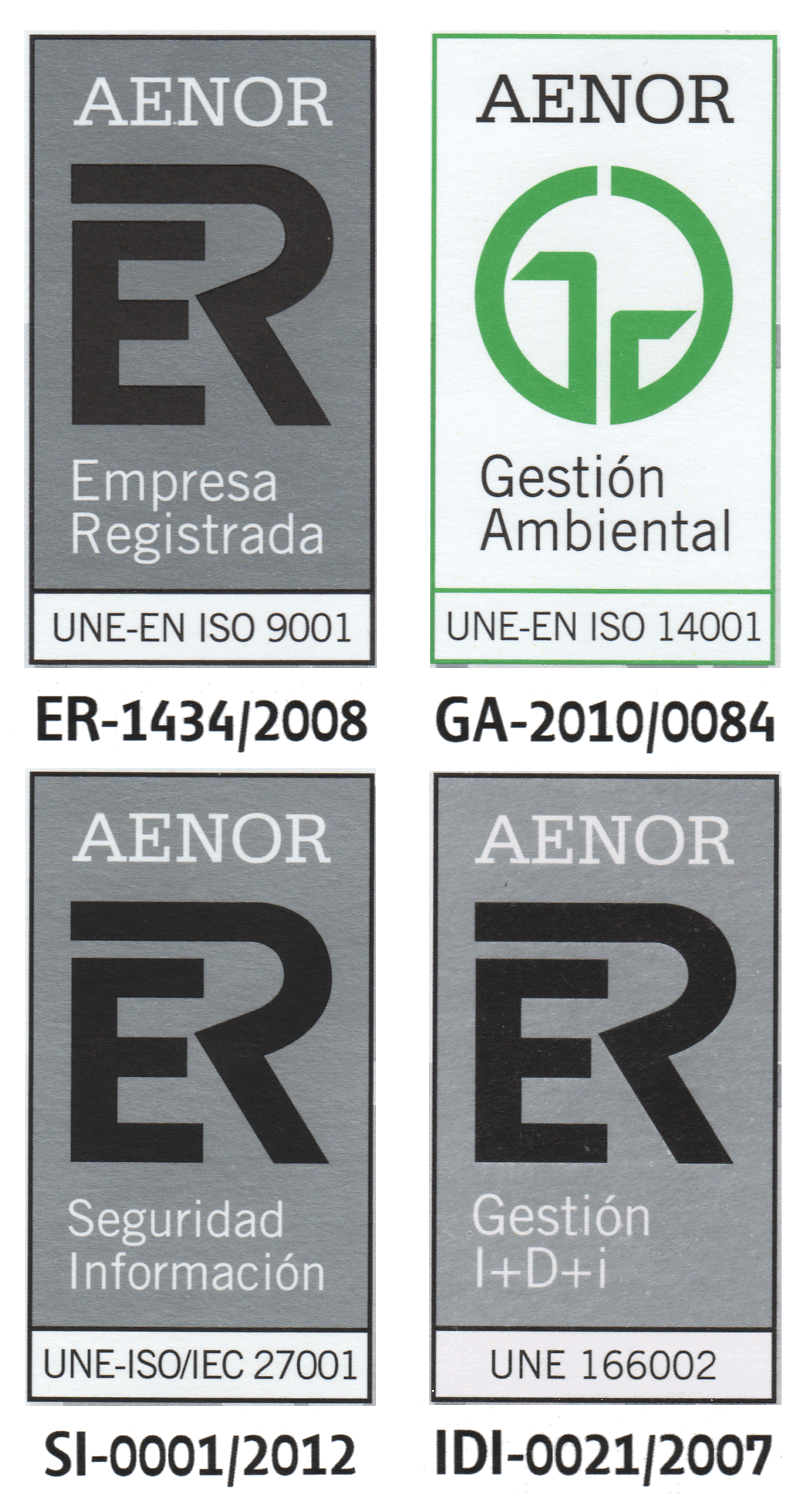P Systems with Mobile Membranes
| Title | P Systems with Mobile Membranes |
| Publication Type | Journal Papers |
| Year of Publication | 2005 |
| Authors | Krishna, S. N., & Paun G. |
| Journal Title | Natural Computing |
| Publisher | Springer Verlag |
| Place Published | Amsterdam, Netherlands |
| Volume | 4 |
| Pages | 255-274 |
| Abstract | P systems with active membranes are among the central ones in membrane computing, and they were shown to be both computationally universal (able to simulate Turing machines) and computationally efficient (able to solve hard problems in polynomial time). However, in all cases, these results were obtained by making use of several powerful features, such as membrane polarization, label changing, division of non-elementary membranes, priorities, or cooperative rules. This paper contributes to the research effort of introducing a class of P systems with active membranes having none of the features mentioned above, but still preserving the power and the efficiency. The additional feature we consider instead are the operations of endocytosis and exocytosis: moving a membrane inside a neighboring membrane, or outside the membrane where it is placed. We investigate the power and the efficiency of these systems (also using membrane division) by first proving that they can simulate (with a linear slowdown and without introducing non-determinism) rewriting P systems with 2-replication, for which the universality and the possibility of solving NP-complete problems in polynomial time are known. In this way, the universality and efficiency are also obtained for our systems. We also give a direct and simple proof for the universality result --- without using division rules (the proof uses nine membranes, but we do not know whether this number can be decreased). |
| Keywords | matrix grammar, Membrane computing, Turing computability |
| URL | http://portal.acm.org/citation.cfm?id=1089128.1089159 |
| Issue | 3 |
| ISSN Number | 1567-7818 |



